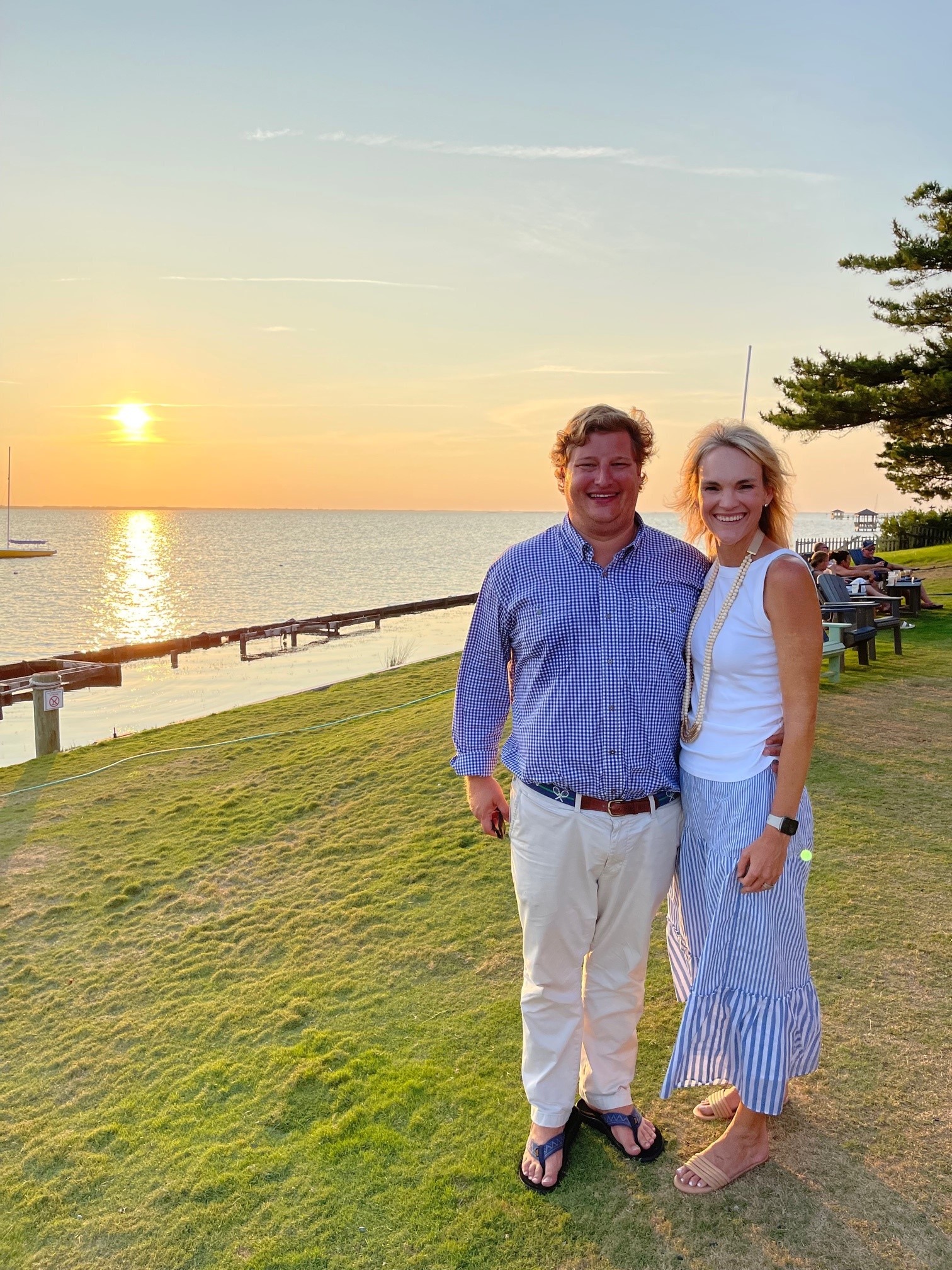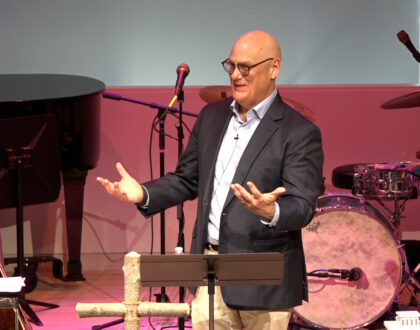Cultivating Inner Peace

I’m entering the final few weeks of my sabbatical. We will welcome two very special guests to our pulpit. This Sunday, August 8th, my friend and new Belmont president Dr. Greg Jones will preach. Greg is the former dean of Duke Divinity School and a widely recognized leader and theologian in America. On Sunday, August 15th, we will welcome Dr. Lee Camp, ethics professor at Lipscomb University. I look forward to being back for Homecoming Sunday, August 22nd to begin a new fall series called “Questions of Faith” based on specific questions that Jesus raises.
The Tokyo Olympics have been exciting to watch! The training, focus, and poise of these athletes is truly astounding. In addition to the grueling physical sacrifices made on the training front over the course of many years, success is also tied to the mental and emotional state of the competitors. This has certainly been true for world champion gymnast Simone Biles this past week. How can these young men and women find peace of mind amid all the stress, scrutiny, and pressure of the games? Mental peace is a challenge we all face as we journey through the stresses of life.
Years ago, Duke University gathered many psychologists and mental health professionals to identify specific ways people could experience peace of mind. The study received widespread attention across multiple disciplines and for good reason. As human beings, we all long to find inner peace in a world full of noise, division, fear, and chaos. The research resulted in eight basic recommendations that still remain helpful today for those who wish to experience peace.
1) Rid yourself of suspicion and resentment. Nursing a grudge was a major factor in depression. When we are hurt or stabbed in the back, we have a hard time letting it go. Resentment becomes toxic. We must work to let it go.
2) Cease negative thinking about the past. An unwholesome preoccupation with old mistakes and failures leads to depression. We can only control the present and the future. Shame and guilt are powerful emotions that control many people.
3) Don’t waste time and energy on fighting conditions you cannot change: cooperate with life instead of trying to run from it. We don’t choose all of our circumstances but we always choose how to respond. Life is twenty percent the hand we are dealt and eighty percent how we play that hand. Mindset and resilience is important!
4) Force yourself to stay involved with the living world. Resist the impulse to withdraw and become reclusive during periods of emotional stress. The pandemic has clearly reminded us that as social beings, we all need community and connection on a regular basis.
5) Refuse to indulge in self-pity when life hands you a raw deal. Accept the fact that nobody gets through life without some sorrow and misfortune. We all go through hard times and painful periods. They always pass.
6) Cultivate the old-fashioned virtues – love, humor, compassion, and loyalty. These virtues are timeless! To these, we can also add kindness, empathy, and self-control.
7) Do not expect too much of yourself. When there is too wide a gap between self-expectation and your ability to meet the goals you have set, feelings of inadequacy are inevitable. Too many people live lives where they are constantly disappointed. This happens when we fail to be grateful.
8) Find something bigger than yourself to believe in. Self-centered, egotistical people score lowest on any test measuring depression. One of the keys to living a meaningful life is to look beyond self. Twelve step programs call it a higher power. Religious people look to God. Life is not a coincidence or an accident. That does not mean that every detail is planned or even controlled. We all take part in the unfolding drama and we need each other along the way.
This well-known Duke study, though conducted years ago, is a good reminder of specific actions we can take in life to achieve peace of mind. When this is combined with prayer, meditation, study, and reflection, we can cultivate healthy habits that keep us grounded and centered no matter what life might bring our way.
Recommended Posts

Authenticity in a Social Media World
April 16, 2024

“Leveraging Our Love” – Jay Hutchens – April 14, 2024
April 14, 2024

Living with Gratitude & Generosity
April 11, 2024

